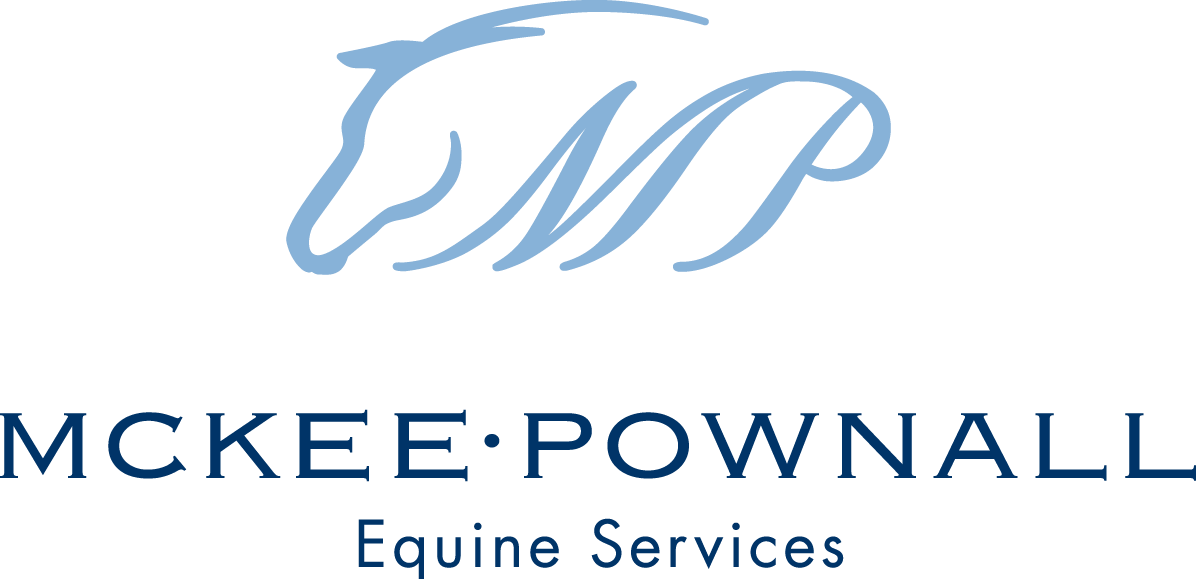
Equine Dentistry
Horses can suffer from many dental disorders that can affect feed utilization, performance, and general well-being. An annual dental visit that includes a thorough examination and tooth floating if necessary will ensure optimal dental performance.
We are equipped to offer routine oral health care in addition to the following dental services:
Dental X-rays to identify infected and diseased teeth, retained wolf tooth fragments, sinus diseases, and tumours.
Extraction of loose and diseased teeth
Geriatric horse dentistry
Miniature horse dentistry
Performance dentistry including bit seats
Corrective floating on abnormal and deformed mouths with problems like parrot mouths, waves and sheared incisors
A dental evaluation form with a description of abnormalities and work performed for you to keep. This form is also entered in our medical records so we can track your horse's progress on subsequent visits.
Veterinary Dentistry at McKee-Pownall Equine Services
The veterinarians at McKee-Pownall have a special interest in dentistry and actively pursue continuing education on the subject.
We are often "second in" on horses that have floated with hand equipment and no speculum, and typically discover many deficiencies on proper examination. Hand floating done by unqualified individuals may seem like a good way to save money, but can have damaging consequences for your horse's health and well being.
Listen to “More Than Just A Float”
The Value of Veterinary Dentistry
We have recently become aware that lay-people are offering cut-rate tooth floating services in local boarding stables. Although this seems like a cheap way to address your horse's dental maintenance, however, In Ontario, it is illegal to perform dentistry on a horse without veterinary supervision. Certain individuals have been imprisoned for failing to respect this law.
Follow this link to for more information on the CVO's postion on Lay Floaters.
There are several issues that need to be clarified in this situation. Specifically, lay dentists do not:
As well, lay dentists can not:
Perform a thorough oral examination
Use a speculum to visualize and give access to the rear teeth
Use sedation to ease anxiety and smooth the process
Give any pain control when it is needed
Have specialized training to identify and safely treat dental abnormalities
Prescribe drugs to treat oral infections
Take x-rays of the jaw when indicated
Perform extractions, or if they do, no sedation or nerve blocks are performed beforehand
Offer insurance protection: if anything should go wrong, most horse insurance policies will be void because the procedure was not performed by a veterinarian.

